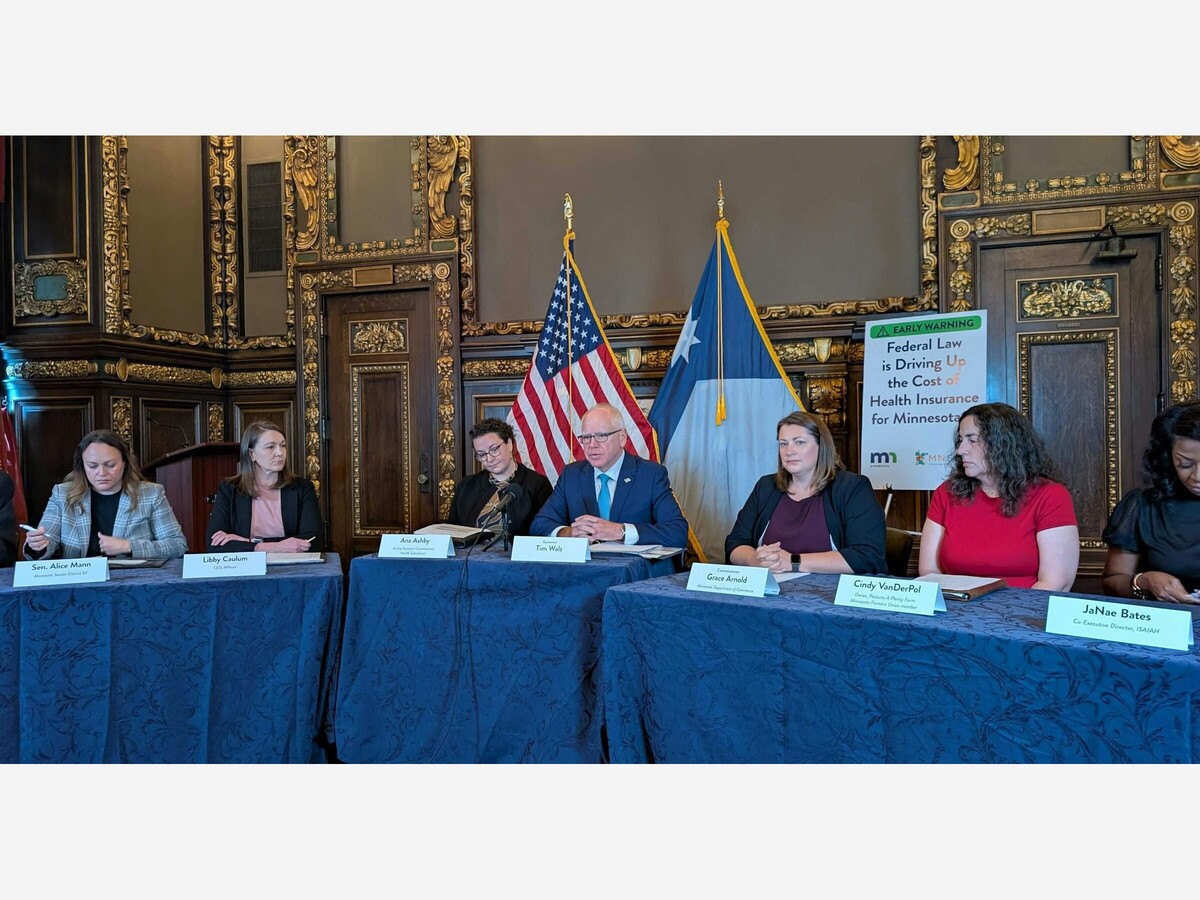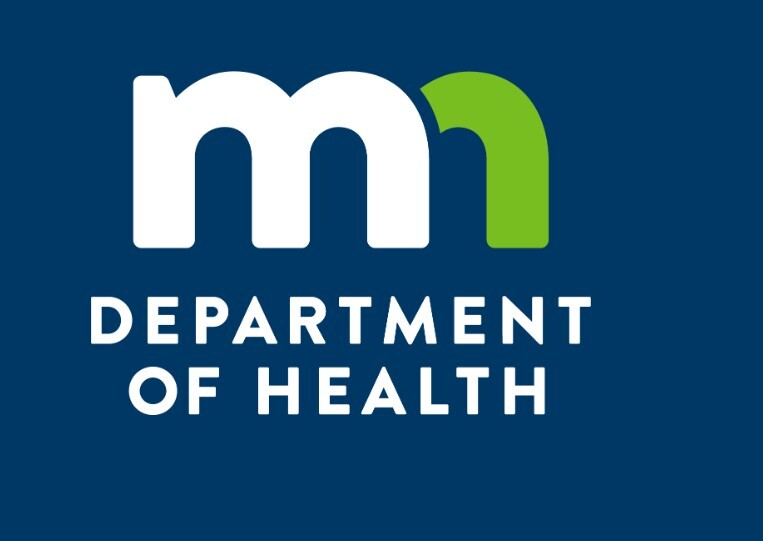Image


ST. PAUL, Minn. — Minnesotans purchasing health insurance through the individual market, including MNsure, are facing steep premium increases in 2026 — a direct consequence of federal budget decisions that end key Affordable Care Act subsidies, according to state Senators Matt Klein and Melissa H. Wiklund.

The Minnesota Department of Commerce on Monday released final approved rates for 2026, showing average premium hikes of 21.5–22 percent in the individual market — the largest increase since 2017 — and 14–14.2 percent in small-group plans. The new rates take effect January 1, 2026.
The senators attribute the sharp rise to the expiration of enhanced premium tax credits, which were first expanded under the American Rescue Plan and extended through 2025 but have not been renewed by Congress. Without congressional action, the credits will lapse at year’s end, reducing the financial assistance available to middle-income families, small business owners, and self-employed Minnesotans.
“Because of the expiration of enhanced tax credits and increases to the underlying insurance rates, more families will be priced out of coverage,” said Sen. Melissa H. Wiklund (DFL–Bloomington), chair of the Senate Health and Human Services Committee. “As more people lose access to affordable insurance, it means higher costs for those who remain, risking the stability of the market and raising costs for everyone. The self-employed, farmers, and people over 55 who are too young for Medicare will face the brunt of the impact.”
According to state data, about 187,000 Minnesotans currently have coverage through the individual market, with nearly 90,000 receiving the enhanced premium tax credits. Their expiration is projected to increase monthly costs by an average of $177 to $180 for those who currently receive assistance.
Officials estimate that over 62,000 Minnesotans could drop private insurance coverage altogether due to the higher costs, and another 19,000–20,000 will lose eligibility for any financial help.
The small-group insurance market — covering more than 200,000 Minnesotans employed by small businesses — is also expected to see increased volatility, further driving up employer and employee costs.
“When premiums go up, many people can’t afford to stay on insurance and instead they go without coverage,” said Sen. Matt Klein (DFL–Mendota Heights), a physician and chair of the Senate Commerce and Consumer Protection Committee. “As a doctor, I know firsthand that when people don’t have coverage, they delay care until they’re even sicker. Costs of care go up, and so do rates of uncompensated care. Emergency room wait times get longer for everyone, putting even more strain on our already overextended healthcare system.”
Both senators criticized the federal budget passed by the Republican-led Congress for allowing the enhanced tax credits to expire. They argue that the decision prioritizes tax cuts for high-income earners over affordable healthcare access for working families.
At the state level, lawmakers acted earlier this year to extend Minnesota’s Premium Security Plan, a reinsurance program that helps stabilize the individual market by offsetting high-cost claims.
“Without this program, individual market premiums would have been an additional 47 percent higher than the increases we see today,” said Sen. Klein, lead author of the 2025 reinsurance legislation.
Still, state measures can only go so far, the senators warned. “We’re doing everything we can at the state level to protect families and small businesses, but federal action is essential,” said Sen. Wiklund. “It’s too late to undo the harm that led to these rate increases, but Congress can still act to renew enhanced premium tax credits now to provide relief and prevent even more Minnesotans from losing coverage.”
The enhanced premium tax credits will expire December 31, 2025, unless Congress takes action. To ensure coverage continuity, Minnesotans are encouraged to review their options during the upcoming open enrollment period, which begins November 1 on MNsure.org.
Officials urge residents to compare plans and check eligibility for remaining financial assistance. While state programs may cushion some of the impact, lawmakers say the loss of federal support will still mean higher premiums, larger deductibles, and increased financial pressure for thousands of Minnesotans in 2026.